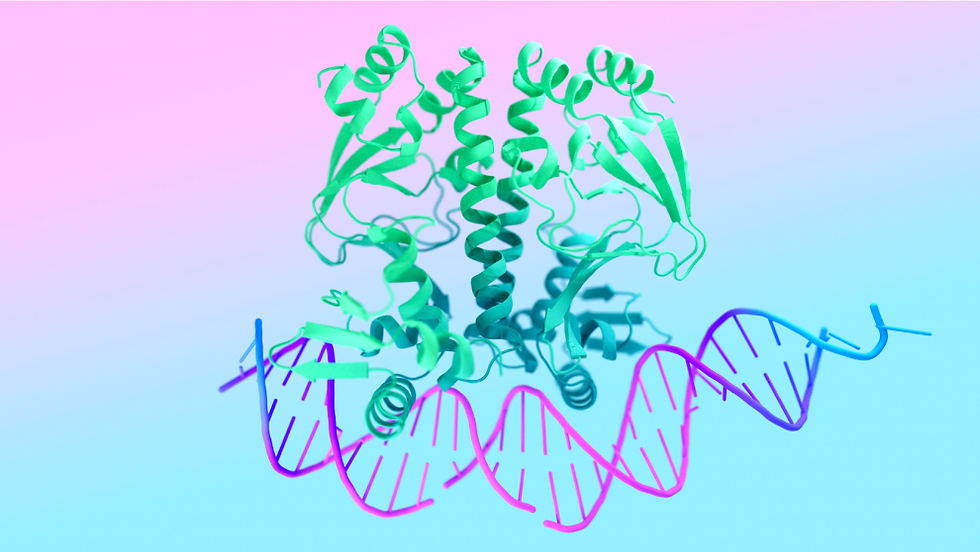Revolutionizing Medicine Through Xenotransplantation
- Bruins for Business Health at UCLA
- Jan 27, 2024
- 3 min read
Tia Ketsan
With nearly 17 people dying each day on the organ transplant list, the need for a steady supply of organs is a necessity in modern medicine. Although innovations like the MRI, X-rays, and even 3D printed prosthetics have improved quality of life, xenotransplants are the innovations that save lives. Xenotransplants is the procedure in which members of a different species exchange organs or tissue. In particular, genetically modified pig organs have been utilized in multiple procedures in order to determine their viability in humans. Xenotransplants are a modern solution to the decades-long issue of organ shortage.
In October 2021, NYU attached pig kidneys outside the abdomen of a donor and found that the pig kidneys function normally, thus giving researchers motivation to continue to explore pig organs as a substitute for human organs. In July 2022, NYU transplanted 2 genetically modified pig hearts into deceased donors and also found that they functioned normally. Perhaps the biggest breakthrough in xenotransplantations was the 2022 University of Maryland pig heart transplant into a living patient. David Bennett, better known as the “pig heart recipient with a criminal history” put xenotransplants on headlines across the globe. Although he lived for 2 months post surgery, his procedure proved that xenotransplants are a feasible solution to the organ crisis. His criminal history raised to light new ethical questions for future xenotransplants- how do we decide who to give these organs to? Most recently, in September 2023, the University of Maryland undertook another pig heart transplant into Lawrence Faucette, a 58-year old former NIH employee. However, the patient only lived for 6 weeks post-surgery. Both Faucette and Bennett were deemed ineligible for traditional heart transplants due to unfavorable conditions prior such as heart failure.
In addition to the ethical questions that come into play when creating a new innovation, propaganda via dozens of news outlets continues to scare the general public out of pursuing xenotransplants as an applicable solution. False headlines such as, “MAN DIES BECAUSE OF PORCINE VIRUS” or “COCAINE WAS THE SECRET INGREDIENT IN RECENT PIG HEART TRANSPLANT” instill disgust and fear in public perception of these clinical trials. After conducting an analysis of popular media on xenotransplants via Google, it was found that prominent themes included: David Bennett’s criminal history, the potential of xenotransplant, and the need for more research. The focus of these themes are widespread but tell the same story; the public needs to be able to trust in xenotransplants more because it becomes something they would want to undergo.
While xenotransplants are a solution to the organ crisis, patients on the organ transplant list must be willing to receive these procedures. A true understanding of what xenotransplantation is and how it affects one’s body needs more discussion with clinicians and ethicists alike. We cannot continue to rely on the media’s version of healthcare news if we want to improve quality of life. The media often portrays the dramatized version of events in order to gain more profit, and more detailed, scientific evidence needs to be publicized.
As of right now, the FDA is working towards creating xenotransplant research guidelines for xenotransplants that include ethical and clinical directions for clinical trials. While xenotransplantation is a new field of study and needs further research, this does not discount its validity as a future alternative for thousands on the organ transplant list.



Comments